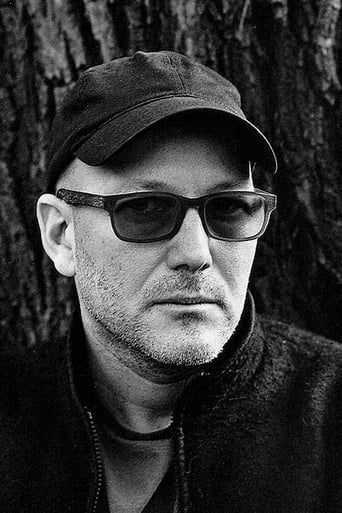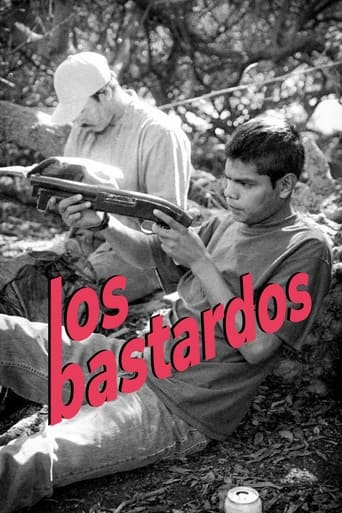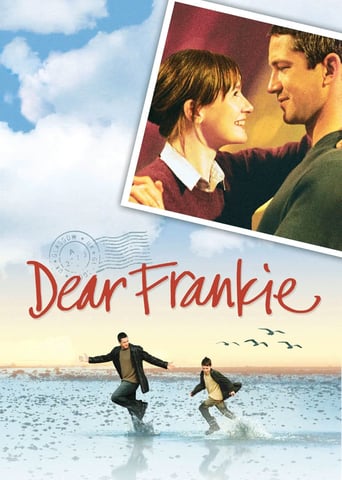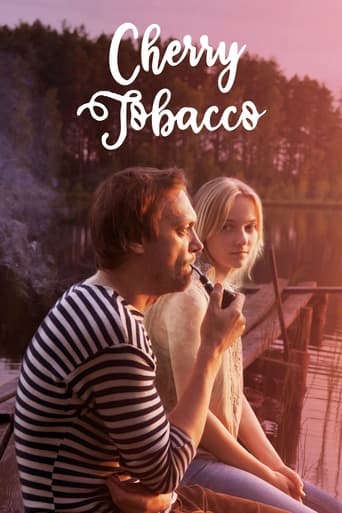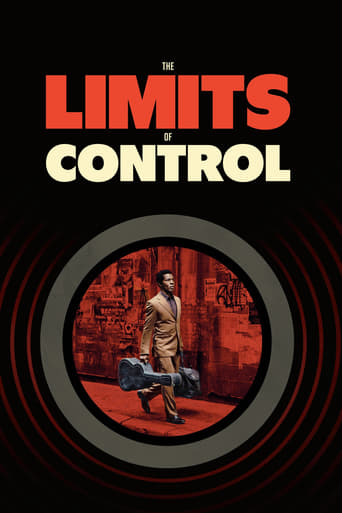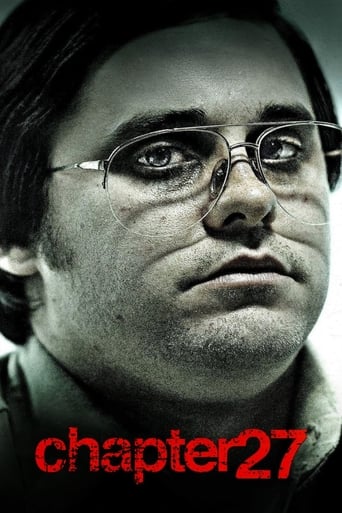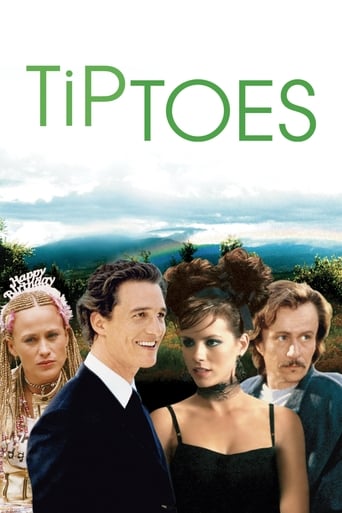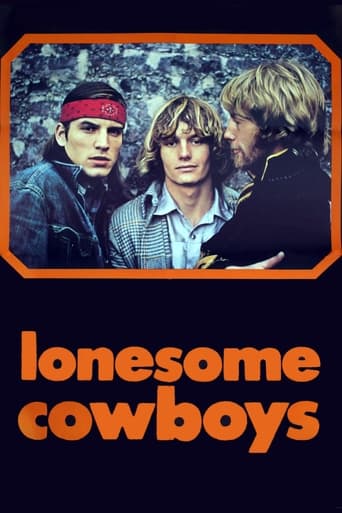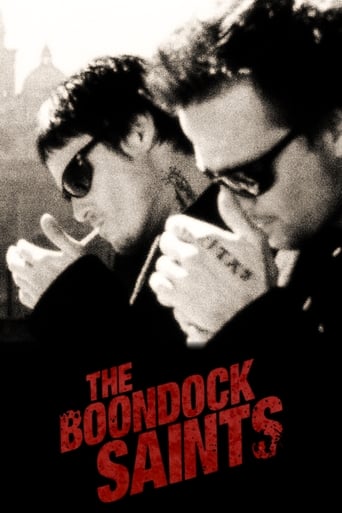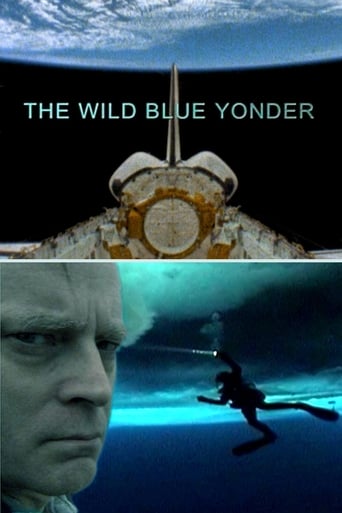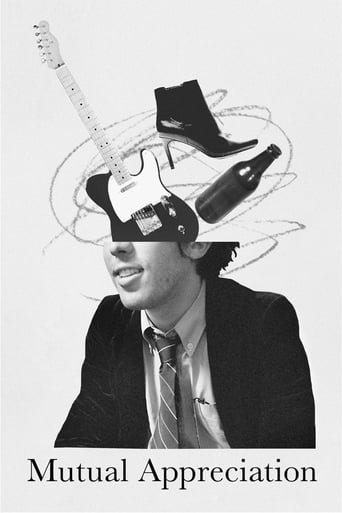
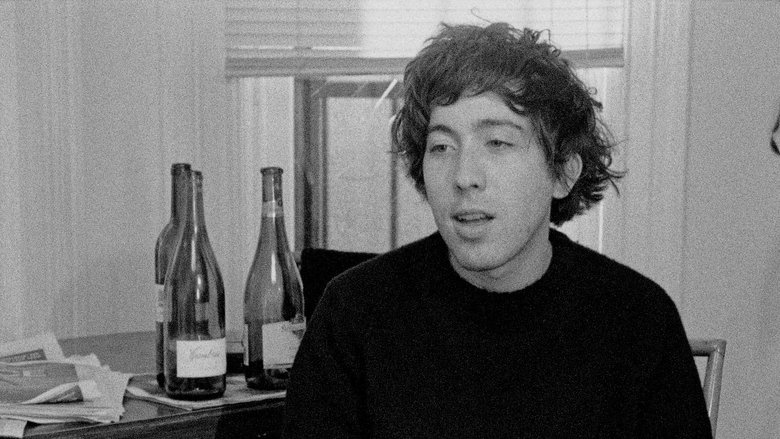
Mutual Appreciation (2005)
Alan is a musician who leaves a busted-up band for New York, and a new musical voyage. He tries to stay focused and fends off all manner of distractions, including the attraction to his good friend's girlfriend.
Watch Trailer
Cast


Similar titles
Reviews
Beginning in the early 2000s, a group of young 20-something filmmakers got together and made gritty little movies about other young 20-somethings. Almost always funny, quirky, and insightful, their movies have come to define my generation and the generation to follow! Somewhere along the way, the term "Mumblecore" was attached. While admittedly I haven't seen anywhere near the amount of Mumblecores, I've seen a good number. My personal favorites are: THE PUFFY CHAIR, FUNNY HA HA! and this one. Ironically, both of the last 2 were made by the same director Andrew Bujalski. When I first found out about him, I was still in college, one day dreaming of becoming a mumblecore filmmaker too. And I was all too thrilled to discover that he was releasing a new movie... and would be appearing in person at the Maryland Film Festival, right near my college! Talk about a match made in Heaven! So there I was, when I actually got to talk with the director BEFORE he screened MUTUAL APPRECIATION. Fun times! What's so great about MUTUAL APPRECIATION (or MA for short?) Where to start? 1) It's filmed in glorious black & white. 2) It's got a gritty John Cassavetes feel. 3) It's about real-life people in real-life situations. 4) It's not afraid to show the in-between times in the lives of young adults in their 20s and 30s. 5) It's funny as hell! Not funny haha (yes, pun intended) but funny thoughtful!The shifting dynamics of the main characters is incredible. In just one five-minute scene, the tone could go from comedic to tragic to pathos and back, with everything in between. As stated above, the director wisely shows us the quiet moments and gray areas that make up a large portion of our lives. In the middle of MA is Alan, an aimless young fellow who has come to the Big Apple to start a music career. Along the way, he falls in and out of love, seems listless in finding a steady job, and wanders into situations that he later wishes he hadn't gotten into. The great thing about Bujalski's 2 movies is that they begin and end in the middle of scenes, a lot like Cassavetes. That works because as Ray Carney once said "We live and die in the middle of muddles." If you're new to the new indie movement, see either of Bujalski's movies or THE PUFFY CHAIR! However, this is my favorite Bujalski film.
Bring a pillow, a receptacle for excrement so you needn't stir, sign your will, and take your nemesis on a dream date.Under acted, entirely improvised on the fly dialog. and mise-en-scene that leaves the camera unattended explores the boring spontaneous utterances of undergrads trying to make a really deep art film by saying a lot of "Like" and "So I go..." or "So I''m like..." . If they'd been black the most common utterance would've been repetitive "y'know what I'm saying ?"Oh... and it's poorly filmed ...B&W.Sound guys did workmanlike work. I hate this pretentious crap and was pleased I could turn it off. If at a cinema I would've assaulted a crippled ticket kiosk on my way out after 30'.
I haven't seen this director's first film, the 2002 Funny Ha Ha, but I'm already a fan, if a mild one, from this second effort. It's enjoyable to watch the quiet textures of ordinary young adult American life that Andrew Bujalski weaves, because his people talk in ways that are both witty and remarkably believable, even if the rhythms are mostly lackadaisical. "If John Cassavetes had directed a script by Eric Rohmer," Variety's Joe Leydon has written, "the result might have looked and sounded like Mutual Appreciation." That indeed does give you a starting point for understanding what Andrew Bujalski (a Harvard film graduate, now thirty-one) is up to, except that these aren't Seventies American actors or later French ones, but mostly twenty-something American non-actors, and the result of the blending of methods and interests of those two older directors is different, of course, from either Rohmer or Cassavetes. Bujalski's film is grainy black and white, the look is rough, the scenes are improvisational and vérité. The topics and the conversations are delicate, however, like Rohmer's; there aren't any long harangues or violent arguments or tortured late-night epiphanies as was Cassavetes' way. Attractions, desires, choices no huge dramas. There's really just a triangle, two male friends and the girlfriend of one of them. The boyfriend is Lawrence (Bujalski himself); the girlfriend is Ellie (Rachel Clift). The other guy is Alan (Justin Rice, in real life founder of the indie-rock band Bishop Allen), who's just come to town (NYC, i.e., Brooklyn), whose band has split up, and who wants to get started again. Alan has an interview of radio, and the host, Sara (Seung-Min Lee) later hits on him. During the course of the action, at several times when Lawrence is away, Alan and Ellie acknowledge that they "like" each other. They have a "moment," as they say. But they don't do anything about it, as far as we see (the scenes are chopped off at the ends almost every time; that's the style). They both separately tell Lawrence about their "moment." Some consideration of gender roles comes up when Lawrence agrees -- very half-heartedly -- to participate in a reading of women's experiences with men; and when Alan is talked into putting on a dress. The trio of lovers and friends acknowledge the temptation to infidelity that has happened and end with a group hug. That's all that happens in the 109 minutes. There's a hand-held camera, the grainy look of 16 mm., but Bujalski doesn't revel in the richness of black and white as Cassavetes' cameramen did. There's nothing particularly cinematic about Bujalski's method, which also has little to do with politics or current events or trends except for the presence of cell phones. There are hardly any exterior shots. But something magical does happen in the way Bujalski and Rice and the other main characters, who aren't particularly photogenic, to put it mildly, start to look good to us, because the inner beauty of their natures Alan's openness and positivity; Lawrence's sensitivity and goodness gradually emerges from the thick grain. Because Bujalski's kitchen-sink use of awkwardness is so adept, it almost disappears. The pace is sometimes excruciating, but in a way this isn't a movie; it doesn't feel like one; and that's not so bad. What makes the movie a success is the naturalness doesn't seem forced or self-conscious. The people aren't actor-y like Cassavetes and his pals. Their conversations are choppy and awkward sometimes, but alert, even witty. These aren't Actors Studio-style tortured-intensity Stanislawski moments, but remarkably believable recreations of twenty-first-century, twenty-something American conversations. Bujalski's characters, as his Wikipedia bio says, are "well-educated, yet socially inept young white people." The scenes, which include a show at a club that's not very well attended, and a little gathering at an older man's house afterward followed by another dying party of three women in wigs who dress Alan in drag, and phone conversations between Alan, the singer, and his father (one of them to voice mail, while Alan strums his guitar and doesn't answer), have a documentary feel, but it's a documentary that's niftily edited, about people observed so nicely you end by liking them. In limited release. Seen at Cinema Village NYC September 18, 2006.
I saw this film yesterday at the Independent Film Festival of Boston and was pleasantly surprised. I just randomly picked it because i wanted to see something at the IFFB, and i loved the movie. Andrew Bujalski did a great job writing this conversion driven movie. The conversation felt so natural that I thought most of it was ad-libbed, but after the film he told us that while parts of the script were somewhat left open for ad-libbing, it was mostly written dialog. The main character, Alan (Justin Rice) has this wonderfully unique charisma, which really pulled me into the movie. Mr. Bujalski told us that much of that character was based on real life Justin Rice, and it came across well. I would definitely recommend checking out this movie if you can, especially for fans of Woody Allen, and it reminded me of Wes Anderson's work in some ways, probably just because of the characters.



